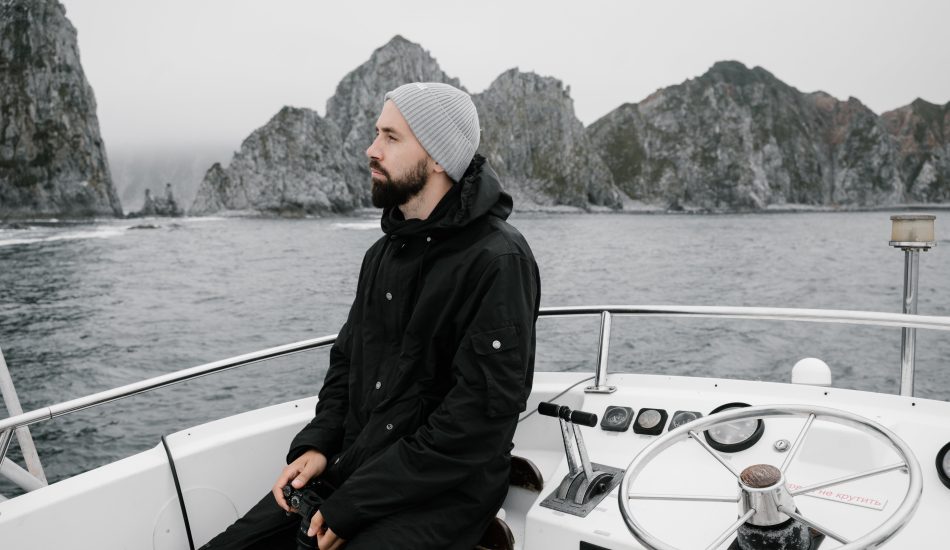The Legal Definitions And Penalties For Boating Duis (Ouis)

Taking the boat out to relax and beat the heat is a popular pastime, but boaters must beware—it is illegal to operate a vessel while under the influence of alcohol, and penalties for conviction are as harsh as they are for a regular DUI.
HOW THE LAW DEFINES DUI ON A BOAT
Arizona Revised Statute § 5-395 makes it illegal for anyone to operate a motorized boat while they are under the influence of alcohol, drugs, or a combination. The crime is called operating a boat under the influence, or OUI. Law enforcement must be able to prove the boat was under the individual’s control and they were impaired by alcohol or drugs.
If someone’s blood alcohol concentration (BAC) is above .08 within two hours of operating the boat, they can be charged with OUI. However, a boater could be charged with OUI if a prosecutor could show they were impaired by alcohol or drugs to the slightest degree.
The OUI law categorizes offenses in the same manner as the DUI law does. When a boater’s blood alcohol reading is between .08 and .15, they face a regular OUI charge. If their blood alcohol level is between .15 and .20, the charge is extreme OUI, and the charge when a BAC exceeds .20 is super extreme OUI.
OUI PENALTIES
Sentences upon conviction for OUI are similar to DUI sentences. There are minimum mandatory jail or prison sentences for all OUI offenses, but in most cases a judge has the discretion to suspend part of the sentence for first offenders. The severity of the sentence depends on the offender’s BAC and their history of OUI offenses.
REGULAR OUI
A first offender convicted of regular DUI faces from ten days to six months in jail, mandatory alcohol screening, fines, surcharges, and community service. A judge could sentence an offender to the minimum 10-day sentence and suspend most of it, but an offender must spend at least one full day in jail.
If the offender has one previous conviction within seven years, the sentence is 90 days to six months in jail, and the offender must serve at least 30 days. In many cases, an attorney could arrange for part of the sentence to be served via home confinement.
EXTREME OUI
The sentence upon conviction for extreme OUI calls for a minimum of 30 days in jail. A second conviction for extreme OUI carries a mandatory minimum sentence of 120 days in jail and a judge has discretion to suspend only 60 days—an offender must spend at least 60 consecutive days in jail.
The minimum sentence for a first offender extends to 45 days for super extreme OUI. A repeat offender must receive a minimum sentence of at least 180 days in jail and must serve at least 90 consecutive days.
THIRD OFFENSE/AGGRAVATED OUI
A third OUI within seven years could be charged as a misdemeanor or felony. If the boater’s BAC was under .15, they face six months in jail if the prosecutor brings a misdemeanor charge, with the possibility that the judge could suspend part of the sentence.
If the prosecutor charges a felony, the first aggravated OUI conviction leads to a four-month prison sentence which must be served in its entirety. Subsequent aggravated OUI charges lead to longer prison sentences. In addition, a felony conviction leads to the loss of voting and firearm rights.
OUI WITH A MINOR ON THE BOAT
Operating a boat while under the influence and having a child on board is a Class 6 felony. A child is anyone under the age of 15.
A conviction will count as a felony conviction, and as a convicted felon, the offender will lose their right to vote or own a gun. However, the penalties imposed will be the same as the underlying OUI offense. The presence of a child enhances the seriousness of the crime but does not necessarily lead to harsher penalties.
Judges can impose sentences within a range, and can consider mitigating and aggravating factors. If the judge considers the child’s presence an aggravating factor, they could impose a harsher sentence.
CONTACT A LOCAL ATTORNEY TO DISCUSS PENALTIES OF OPERATING A BOAT UNDER THE INFLUENCE
An OUI is a serious criminal charge. You need an experienced OUI attorney to help you minimize the consequences. Contact Grand Canyon Law Group and we can work to defeat an OUI charge. Call us today.
